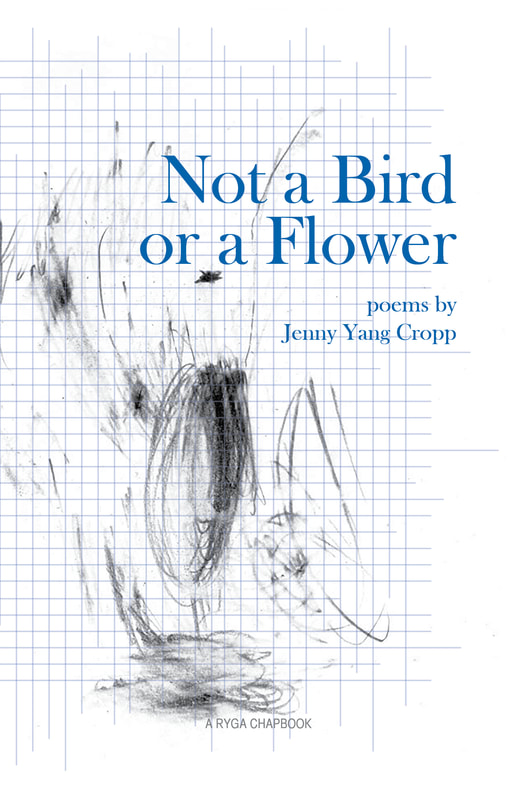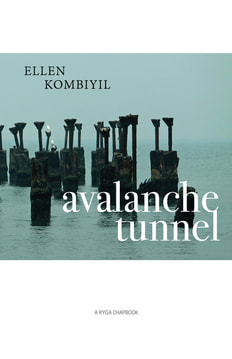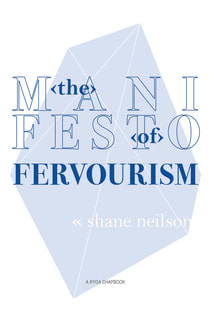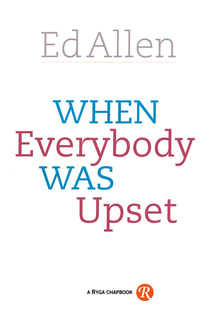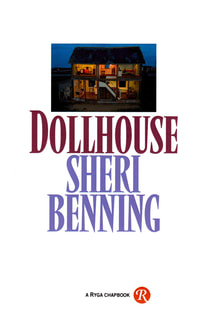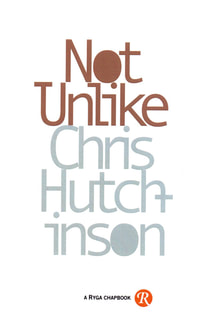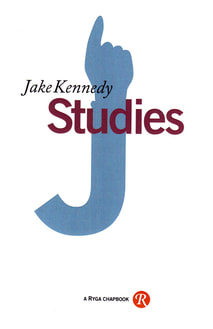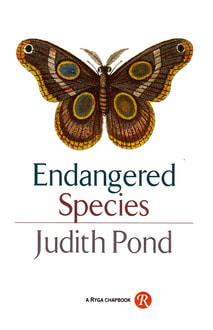CHAPBOOKS
|
* limited print-run of 100 |
avalanche tunnel - Ellen KombiyilI can’t see what they make, little hands
folding shapes: a crane, a duck, a long-necked goose, harbouring secrets in feathers preened straight, skin in as-yet-undimpled rows, the mathematics of what will come – what might, what might not. – from "Mirror Image of a Stock Market Crash" The poems of this suite from acclaimed poet Ellen Kombiyil shed light on intimate moments, imagine lost pages, and meditate on the elusiveness of love and memory. This chapbook has been published in a limited print-run of 100 copies. To read more, order a copy. |
The Manifesto of Fervourism - Shane Neilson
Metaphor, metaphor, metaphor. It rises from the morass like a Swamp Thing, some terrible beauty waiting to be born. It forces a connection, a juxtaposition of idea, an interaction. There is applause. Under the applause is the actual heartbeat, the real meter of poetry, the real language of men. The pulse beats in the ear, the tinnitus under the floorboards of empty form. The heart says, “This is all lies.”
Metaphor trips the home Geiger counters. Critics and Nascent Poets run amok, screaming New Metaphor is Nigh. Critics and Nascent Poets are high on design, on conceptual beauty. These hillbillies and MFAs mistake technique for art, for conceptual thinking (because metaphor is conceptual thinking) as le raison d’etre. We ask: who ever read a poem for metaphor alone? Yet many have written for metaphor alone, for onanism, solipsism, the eternal meta of self. They forget that metaphor begins with me. A reader of poetry looks to the poem not for intellectual play (though that is fine) nor the pure hybridization of signs (though that is fine) nor for allegory (though that is fine) nor, and follow me on this sacrilege, for a quest along the highway of sound (though that, too, is fine). A reader looks to the poem for the strange condition of emotion–emotion embodied, enacted as revenant state that vicariously possesses the reader to bury her head in the cosmos of genuine feeling. The poem is a device of fervour. The poem is not a Costco of metaphors, a warehouse of metaphors stocked by just-in-time delivery protocols. (Where there’s a metaphor, there’s a carrier.) To read more, order a copy. |
When Everybody Was Upset - Ed Allenfrom the introduction by Sean Johnston
I heard Ed Allen read this story a few years ago in South Dakota and was captivated by the voice and its combination of sincerity and playfulness. Introducing it, he spoke of a goal he was working toward at the time: to write a story that was 100 per cent digression. He described "Everybody Was Upset" as somewhere between 60 and 80 per cent. What strikes me most about Allen's writing, aside from its effortless eloquence and precision, is its attention to the minute movements of the human consciousness. The sensitivity to the significant details of the physical world is never an end in itself. Instead, Allen captures the way they wound or soothe his characters, or just trigger a beautiful digression. In this way, Allen captures the real story, which is always in the digressions, in the tentative and improvised nature of life. Dollhouse - Sheri Benningfrom the introduction by Sean Johnston
I know Sheri Benning as a poet, and was immediately drawn to her work -- the collections of Earth After Rain and Thin Moon Psalm -- not because we share a common past, both having grown up in rural Saskatchewan, but because she treats the past in a way I hadn't seen before. As William Faulkner wrote, "the past is never dead. It's not even past," and what makes Benning's poetry powerful is its acknowledgment of this idea. This essay, originally published in Theatre Canada Review, explores how places underpins the "living archive" of a present that is never removed from its past. It does so while meditating on the power of Heather Benning's "Dollhouse" -- a beautiful and stunning example of "regain[ing] living contact with place itself. |
Not Unlike - Chris Hutchinsonfrom the introduction by Sean Johnston
I first encountered Chris Hutchinson's poems in his second book, Other People's Lives. Now, when I read his "Notes for a Talk on 'How to Write a Poem,'" I am reminded of "Game," one of the first poems I flipped to after picking up his book. It ends with the speaker asking if poetry seeks "not the centre, but life's ironic fringes -- / obsessed not with words, but with their hinges?" What strikes me as I reread the poems that follow is the way Hutchinson honours both the "centre" and the "fringes" -- his work has the inclusive, searching authority of Jorie Graham coupled with Heather McHugh's nimble and playful attention to sound. He's in the desert exposed to the elements one moment and stick-handling in a phone booth the next. |
Studies - Jake Kennedyfrom the introduction by Sean Johnston
Jake Kennedy's poems are informed by an impulse toward truth, despite the erudition and education of the postmodern artist and reader, despite the fact we are told there is no such thing. It's clear the truth is flawed -- from the moment of its articulation, at least, but maybe from the moment of its conception. The easy way out, then, is to deny the impulse to move toward it, to give in to the idea that we live in the intellect, which forbids truth, and not in the world, which demands it. Kennedy begins in the world with meditations on material objects -- grass, trees, bullets, the screen of a drive-in -- and moves outward from them into a world that is wild and domestic at the same time, a world that is inclusive enough to include the heart in its investigation of life. The tiger, to paraphrase one poem, is not concerned if its stalking measures up to other performances of stalking -- it's out for blood. It hunts to survive. |
|
$5.00 CDN (+$2 shipping)
SOLD OUT |
Endangered Species - Judith Pondfrom the introduction by Sean Johnston
Judith Pond has been publishing sharp, perfectly rendered lyrics for years -- he book, Lovers and Other Monsters, is a beautiful exploration of the difficulty of negotiating the boundaries of self while remaining open to the people we are closest to. The multiple voices and allegiances that are contained in every single person are represented formally in Pond's story by its constant movement between speech, thought, textual references, and parenthetical asides. We feel the uneasy insinuation of Grace into her quirky new family. What makes "Endangered Species" exceptional is Pond's affection for each character. Though the young woman, Grace, is the protagonist, each character is generously drawn in this short story. Somehow, in this short space, we know them all, though Grace remains the centre, and we secretly hope she's not tamed. |

